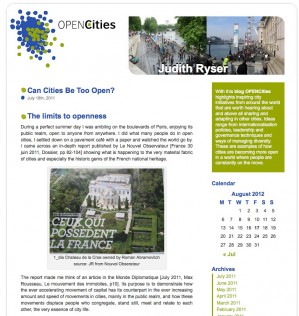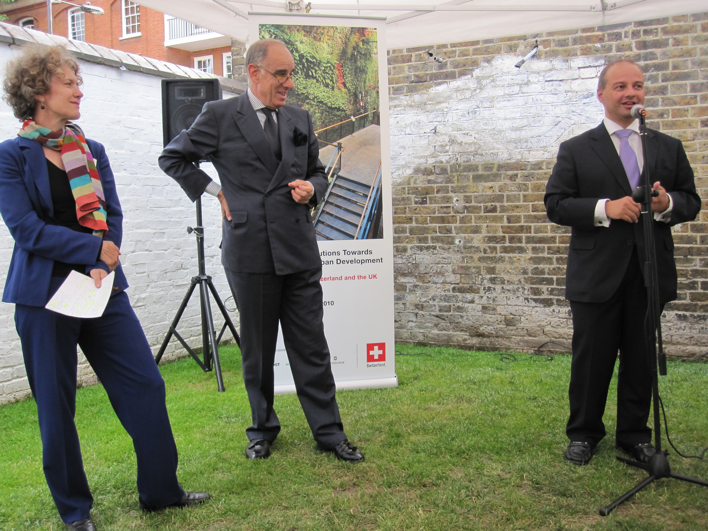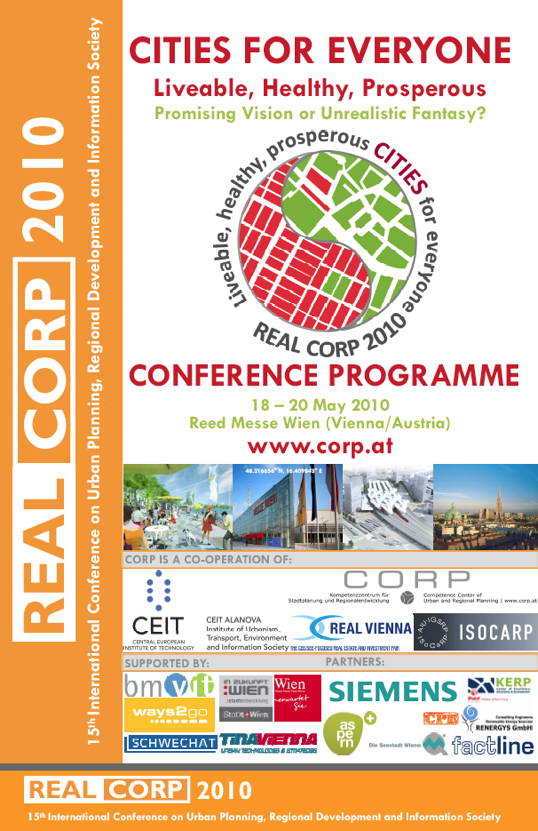-
OC 52: London World City: Sustainable Growth?
Open to the world or open to all its citizens? Despite double dip recession, or perhaps because of it, the development industry is lobbying hard to obtain government assistance – read tax payers’ money – to continue expanding macro-infrastructure, however much contested by many ordinary citizens. Conventional wisdom points out that London is living on […]
-
OC 49: Openness through Cooperation
Openness: a construct of social relations Openness of cities can be understood literally as spaces and places open to all. At a theoretical level, urban thinkers are construing openness of cities as the outcome of social relations which, in turn, are influenced by the dynamic of urban change. These notions were conceptualised around May ’68, […]
-
OC 45: Open City Fatigue?
Exhaustion Does it still make sense to reflect on open cities? Is it worthwhile discussing actions of others who contribute to open up cities in the public domain, trying to contribute individually towards more open cities? Or has the time come to succumb to the forces which fragment cities, privatise the public realm, colonise the […]
-
OC 37: Open Cities Blog – Follow-up From British Council Open Cities Blog
British Council URBACT Open Cities project Up to now, all the posts on my Open Cities blog constituted inputs to the blog I was invited to write for the British Council for its Open Cities project website. This project, funded by URBACT II has been completed in May 2011. I have reviewed some of the […]
-
Open Cities 36 Open Economic Recovery?
Open Cities: Milestone On 25 May 2011, URBACT, the British Council, the Open Cities Network and the Open Cities project partner cities congregated at the premises of the European Economic and Social Committee and the Committee of the Regions in Brussels, Belgium, at the conference on Open Cities and Economic Recovery, the closing event of […]
-
Open Cities 22 Sustainability and Openness
Like other leaders of cultural institutions – Elmar Brandt when he led the Goethe-Institute in London in the early eighties, or Mike Hardy, leader of the intercultural dialogue programme of the British Council at present, the Swiss Ambassador to London, Alexis Lautenberg, is fascinated by cities. He established a Swiss – UK Dialogue on urban […]
-
Open Cities 21 Cities for Everyone
The premise here is that ‘cities for everyone’ are by definition ‘open cities’. Was this corroborated by the CORP conference 2010 in Vienna last May which asked whether liveable, healthy and prosperous cities were a promising vision or an unrealistic fantasy? CORP Knowledge Creation and Sharing CORP, the Competence Centre of Urban and Regional Planning […]
-
Open Cities 2 Built Environment Perspective
Relentless growth of cities More than half the world’s population is living in cities at present. This is expected to increase to three quarters before this century comes to a close. In this process cities are attracting people from all walks of life. How migration affects cities and their existing population is of prime importance, […]
-
Open Cities, British Council: Introduction
Comments on the concept of Open Cities with practical examples









